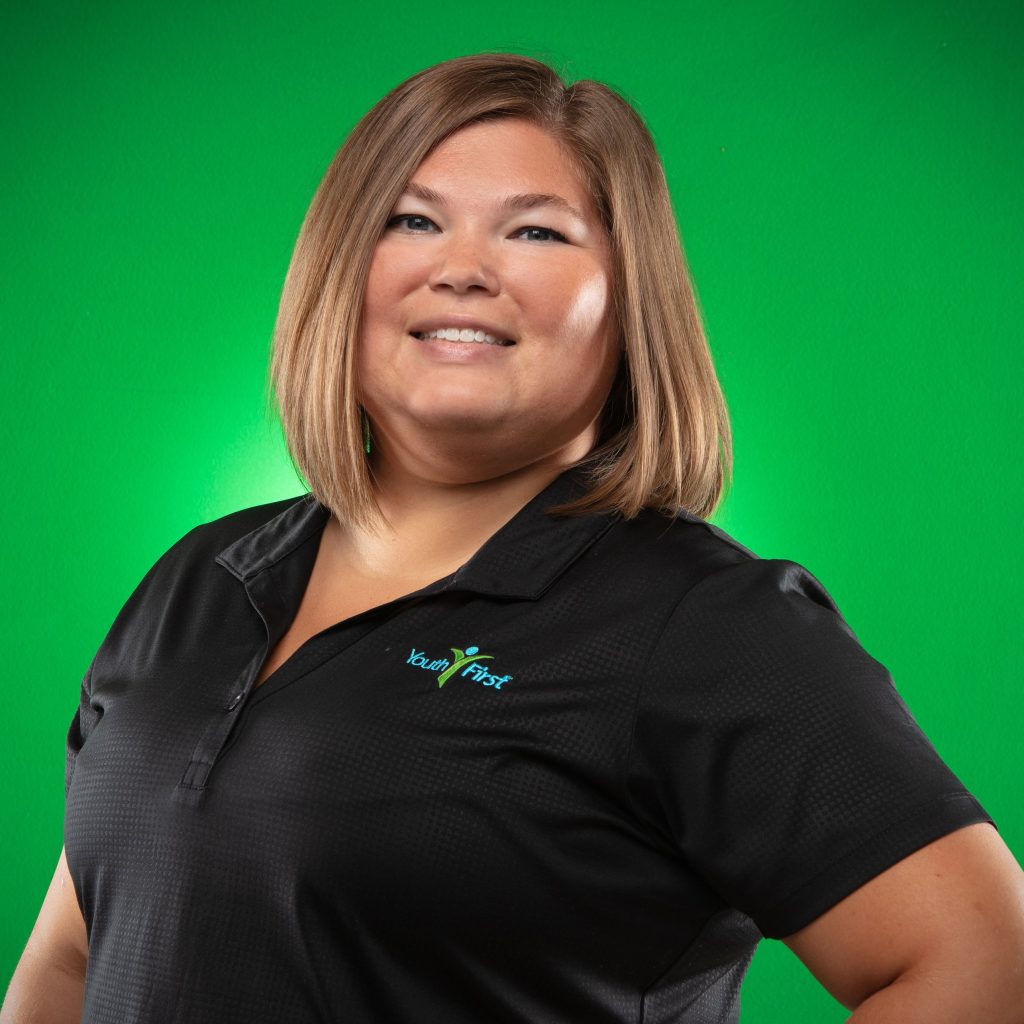
INDIANA – According to Forbes, approximately 5.7 million children are diagnosed with attention deficit hyperactivity disorder (ADHD). It can be frustrating for the child to complete schoolwork and homework and, at times, equally frustrating for adults to help.

However, there are many ways to support a child diagnosed with ADHD academically:
- Provide brief and clear directions. Children with ADHD often have trouble with executive functioning skills, such as memory and attention. When directions are brief and precise, it will help the child remember and maintain their attention. Using visual directions and reminders can be very helpful. Additionally, having the directions in a numerical list, with each specific direction being a sentence or less, may be beneficial.
- Be sensitive to your child’s time management skills. According to The Center on the Developing Child at Harvard University, a child starts developing these skills around the ages of 3-5 but does not develop significantly until adolescence and young adulthood. A child with ADHD may struggle to begin assignments and chores and stay on task. Setting a timer is a great way to give children visual and auditory cues. Before setting the timer, make sure to set expectations. For example, “I’m going to set this timer for two minutes. When it goes off, you will start your math homework.” There are many timers available for free online. Displaying the timer for the child to see will help them remember what they are supposed to be working on.
- Break tasks into smaller chunks. Breaking tasks up into smaller pieces is a way to help build a child’s executive functioning skills. Children with ADHD will likely feel overwhelmed with large assignments or tasks and multi-step assignments or tasks. Breaking the task or assignment into smaller pieces at a time will help with feeling in control rather than overwhelmed.
- Develop structure and routine. This is critical for all children, particularly for those with ADHD. According to the ADHD Foundation, developing routines helps children become familiar with what they must do in class and at home, leading to a sense of security. Of course, the earlier routines and structure are introduced, the better.
- Work with your child to develop organizational skills. Many children with ADHD struggle in this area, whether it’s their messy backpack, cluttered desk/work area, or even being prone to losing things. Having a daily schedule available, Post-it notes with reminders, and checklists or to-do lists can all help improve organizational skills.
- Reward positive behaviors. Everyone likes to be noticed when they are doing something good. Children with ADHD tend to struggle with self-esteem, so pointing out a positive is a great self-esteem booster. According to The ADHD Foundation, positive praise helps with improving focus. Setting up a reward chart is another way to encourage positive behaviors. Collaborate with the child about realistic goals and their reward once earned.

Children with ADHD can be very successful in the classroom and at home. Learning what helps the child complete tasks with the greatest success goes a long way toward developing positive self-esteem. For more information regarding how to support a child with ADHD, please reach out to your school’s Youth First Mental Health Professional.

Jenny Bouchie, MSW, LSW, is a Youth First Mental Health Professional at Daniel Wertz Elementary School in Vanderburgh County. Youth First, Inc., is a nonprofit dedicated to strengthening youth and families. Youth First provides over 100 highly trained mental health professionals (primarily master’s level social workers), prevention programs, parent engagement coordinators, and bilingual support personnel to 126 schools across 14 Indiana counties. Over 53,000 youth and families per year are served by Youth First’s school-based social work and community programs that promote mental health, prevent substance misuse, and maximize student success. To learn more about Youth First, visit youthfirstinc.org or call 812-421-8336.






.png)












